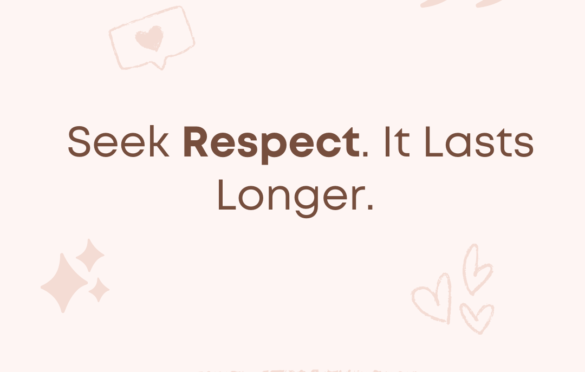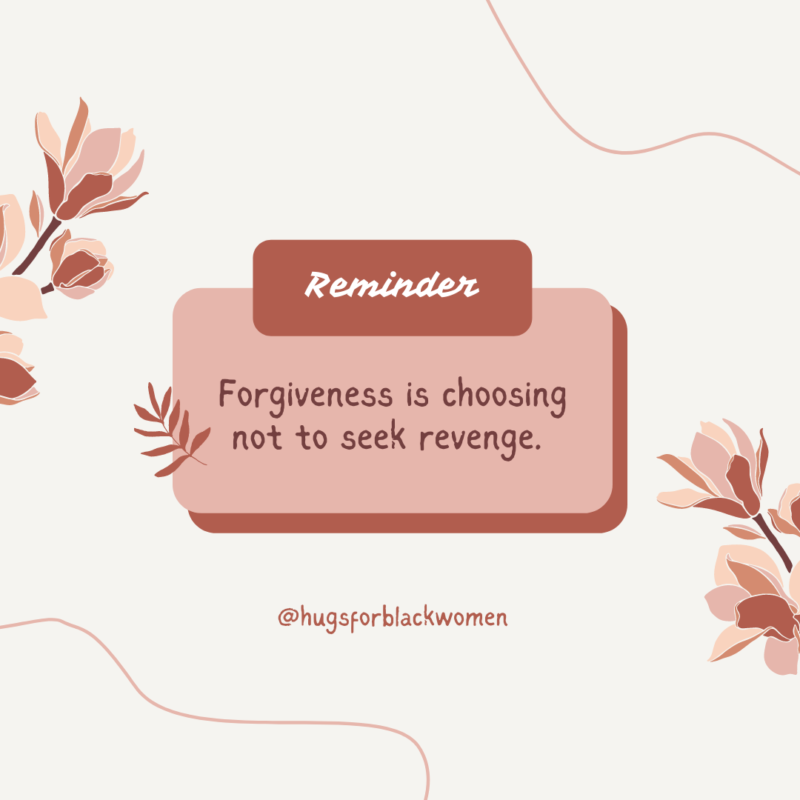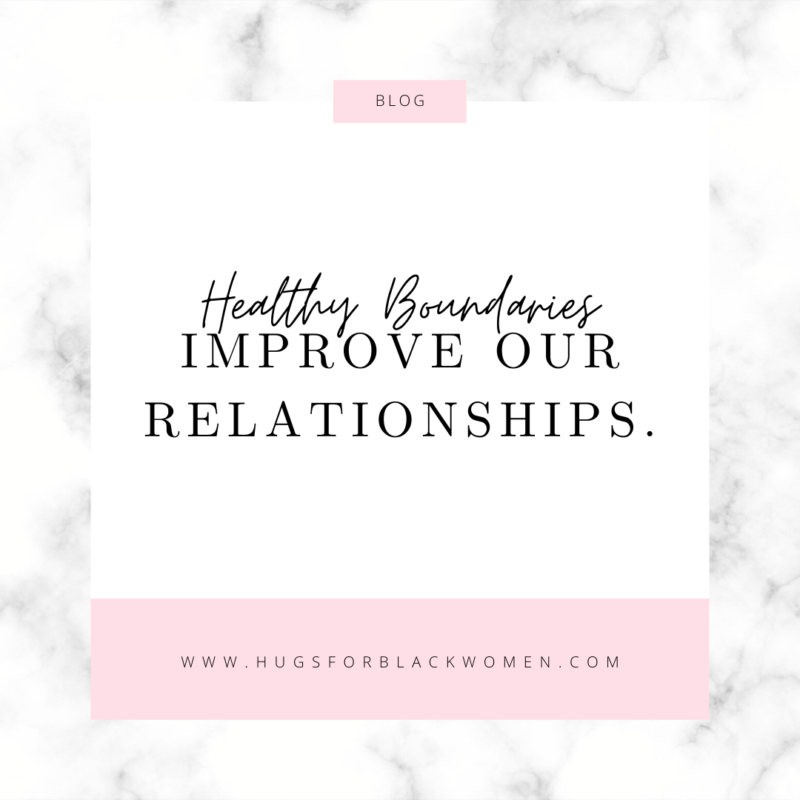Opinion: Respect > Love

Recently, I’ve been intentionally spending time alone to return to myself. I want to get to know myself better, love myself more, and learn to prioritize myself. After experiencing unease in several of my close relationships, I’m looking inward to understand myself more – is it growth or brokenness that’s revealing the difficulty I’m experiencing? And how can I better navigate situations like this in the future? This solitude has prompted some strong realizations about relationships, one being that respect is more important than love.
I entitled this post “Opinion…” because I can’t find much concrete data to back up what I’m saying. Without it, I only have my relationship experience and the knowledge shared with me to support what I’m about to say. With that being said, however, I’ve witnessed time and again people who are incredibly close to one another and undoubtedly share a ton of love part ways, while relationships continued between those same parties of people and others with whom they were not as close. In light of this, I wondered, why does it seem harder for the people who love each other the most to go the distance? Only this comes to mind: we can love another person wholeheartedly and experience extreme closeness to them, but when the respect in a relationship is lost, the relationship itself is not too far behind.
I’m only stating my opinion, but I’m not alone in feeling this way. I’ve read several articles with similar perspectives, including this one that spoke about respect vs. love from a marital and parental standpoint. Written by Dr. Peter Gray of Psychology Today, the piece suggests that because love can be subjective, there are versions of it that do not include respect. Consider the parent who talks down to their children or is so attached to them (which they define as love) that they cannot see them as their own person. This type of “love” suffocates and leaves little room for the child to be themselves. In contrast, in a respectful relationship, the child is acknowledged as a unique individual – not a possession of the parent – and communicated with respectfully.
The same can be true in friendships. Our love for a friend might not always be respectful. As the friendship progresses, we may fail to respect their time, commitments, schedules, boundaries, and more. Think about the friend who is consistently late or constantly pressures you to go out though you’ve made it clear you’re not up to it. Or one who insists you accept monetary gifts no matter how many times you’ve asked them to stop. These small acts of inadvertent disrespect can add up – regardless of how much love you may have for them. A friendship built upon mutual respect considers the other party’s boundaries and adheres to them.
But it’s the romantic relationships without respect that almost always end! And this one is not an opinion; it’s actually backed by science. A 2014 survey of 10,000 couples in 110 countries worldwide revealed that the #1 answer to a happy marriage is “mutual respect.” Why? Because “love” may be fleeting, depending on whose version of love it is. But respect is universal. When you fall out of love, respect brings you home at a decent hour. Respect keeps your hands to yourself. Respect cultivates trust, communicates effectively, accepts individuality, and embraces compromise. And though ideally, the relationships we choose should include both love and respect, if we find ourselves in a situation where we’re forced to decide between the two, I’m choosing respect every time. What about you?






Dominique
Yeah this last paragraph drove it home for me when you said “respect keeps hands and feet to themselves” (I paraphrased lol). Give me my R-E-S-P-E-C-T! *Aretha voice*